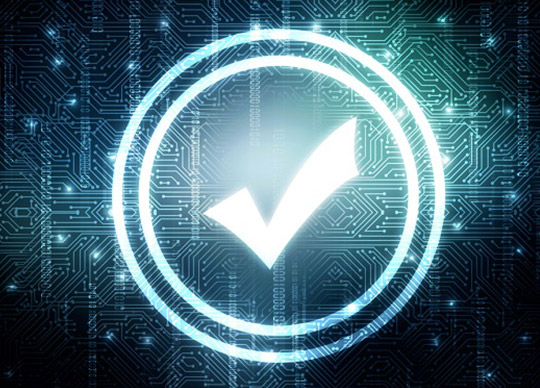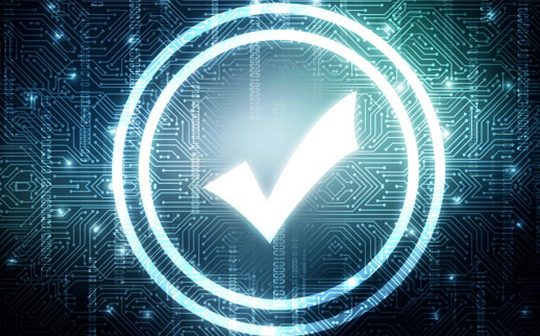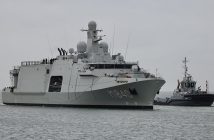
Lloyd’s Register has been awarded its first certification for an Uncrewed Surface Vessel (USV) to the DriX maritime drone. Developed by Exail, the DriX USV is operated by major hydrographic institutes and energy companies worldwide and has already received Bureau Veritas Approval in Principle (AiP).
This new certification attests that the surface drone meets critical safety requirements to be operated at sea. The DriX system design was thoroughly reviewed against the Lloyd’s Register Code for Unmanned Marine Systems. It included a detailed system level analysis, construction survey, as well as sea trials. The review covered essential design area such as structural integrity, stability, as well as command and control in the context of remotely supervised autonomy.
This new certification by Lloyd’s Register is another milestone for the DriX USV and its operators and marks a major step forward in the transition of the maritime industry towards the adoption of new autonomous technologies.
“We are pleased to have been able to work with Exail to provide independent assurance for the DriX system. It’s great to be able to work with a company that is innovative, engaging and committed to responsible deployment of autonomous technologies. The open and collaborative approach our teams adopted made it much easier for us to explore the specific risks associated with the autonomous system and ensure that appropriate and proportionate controls were in place.
Consequently, we are able to provide a clear and robust safety argument to regulators, backed by the independent endorsement from Lloyd’s Register,” states Paul James, Naval Centre of Expertise Manager at Lloyd’s Register.
“At Exail, we are closely involved in developing maritime drones’ regulations, trying to raise the standards and acceptance of USVs,” explains Stéphane Vannuffelen, Marine Autonomy Technical Director at Exail. “By working together with class societies such as Lloyd’s Register, that attest of maritime drones’ highest levels of safety and environmental compliance, we aim to demonstrate that autonomous technologies are safe to deploy and operate. Through such collaborations, we hope to be able to help strengthen the global acceptance of maritime drones within our industries, as they support operational efficiency, as well as a safe, sustainable maritime energy transition.”






